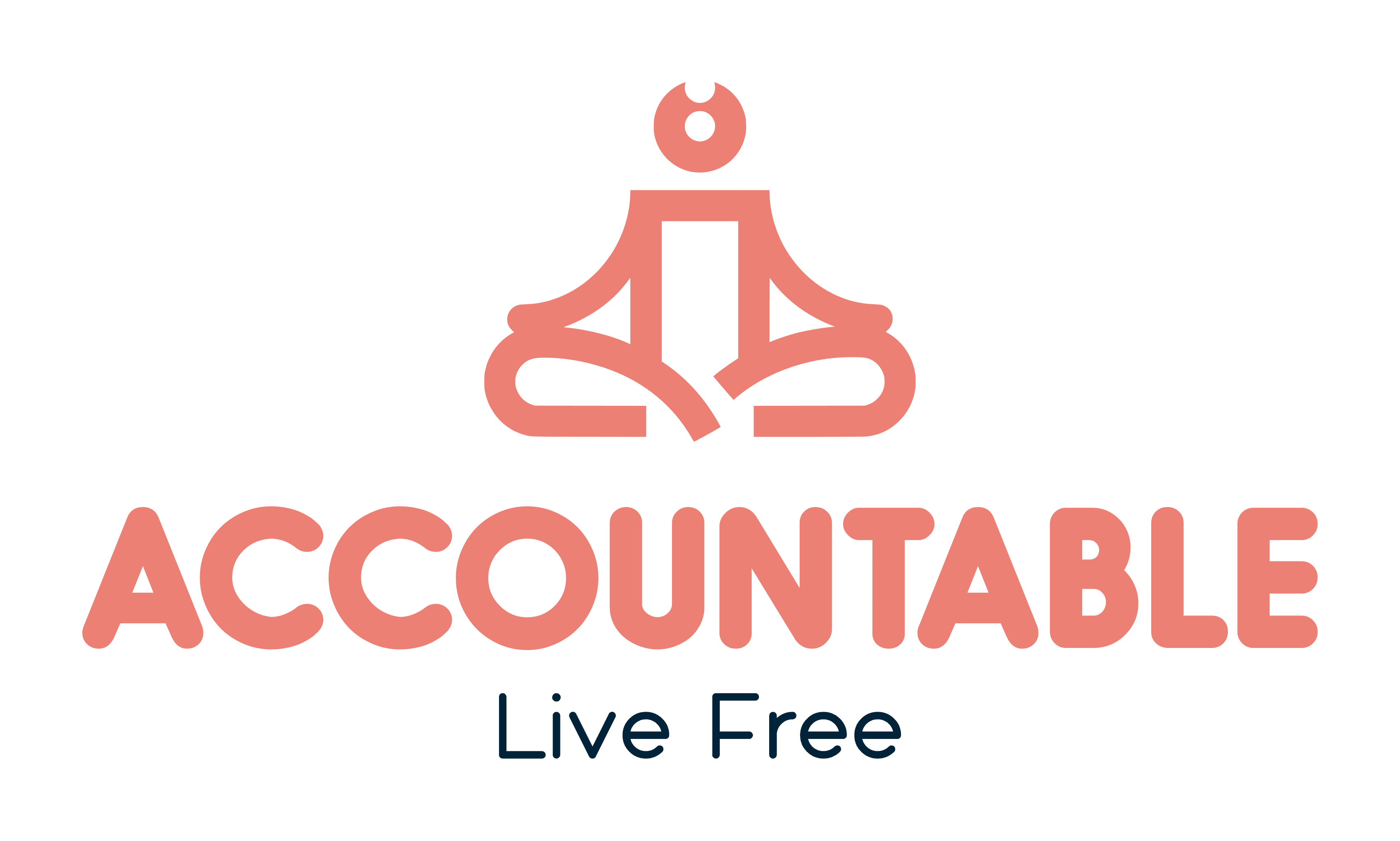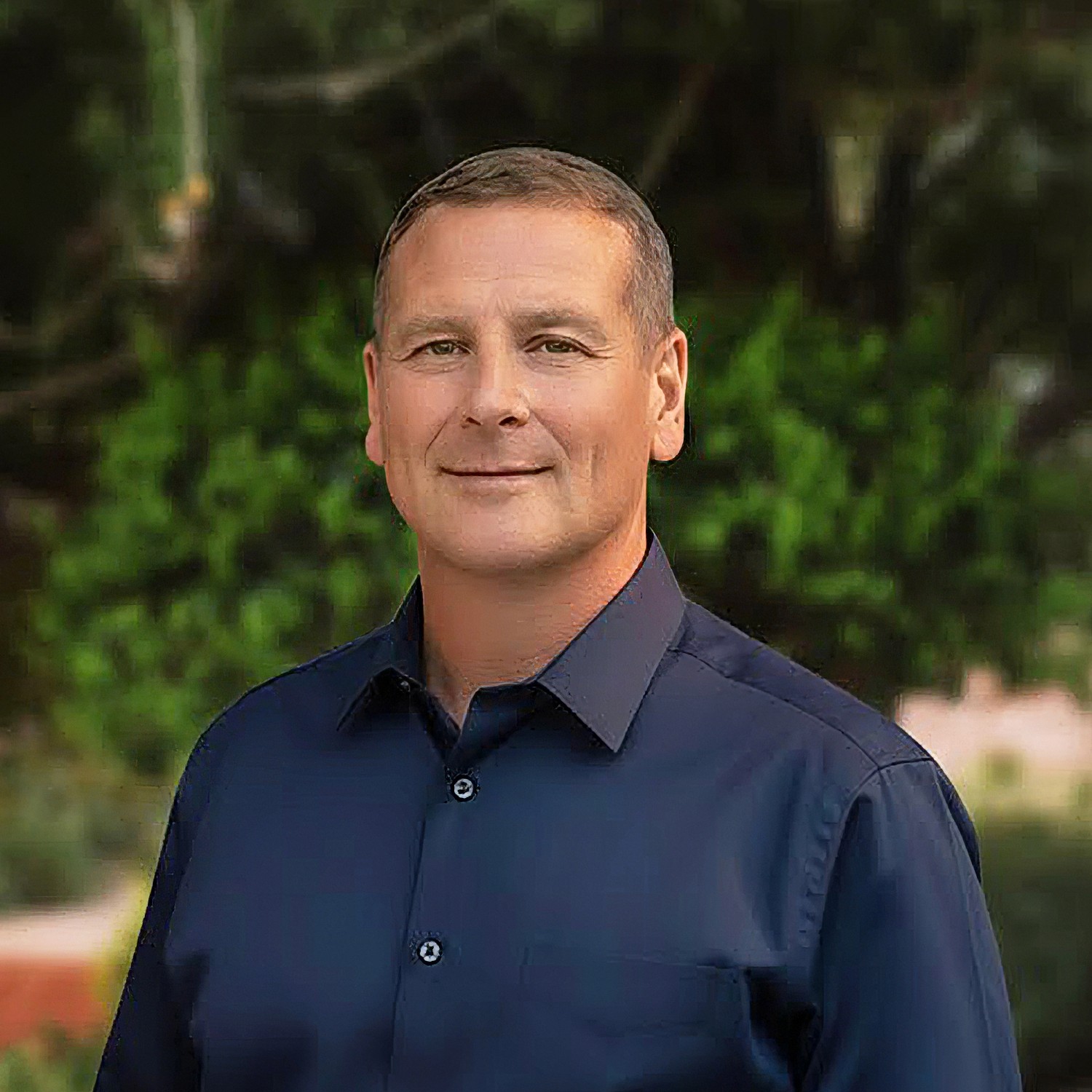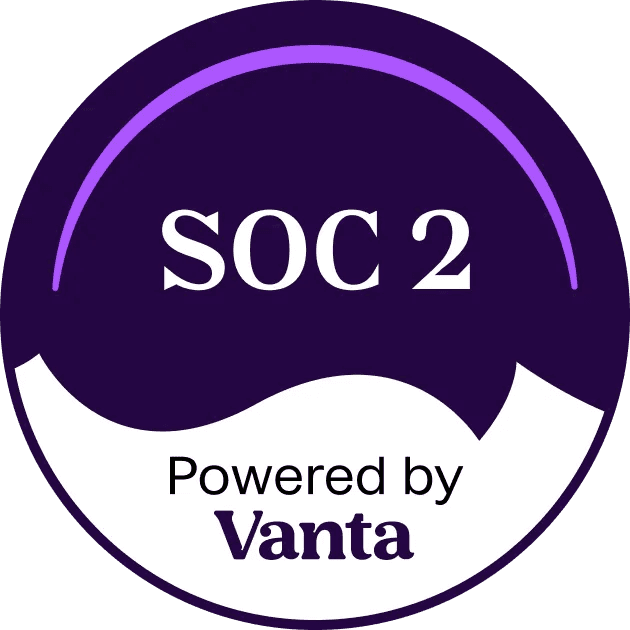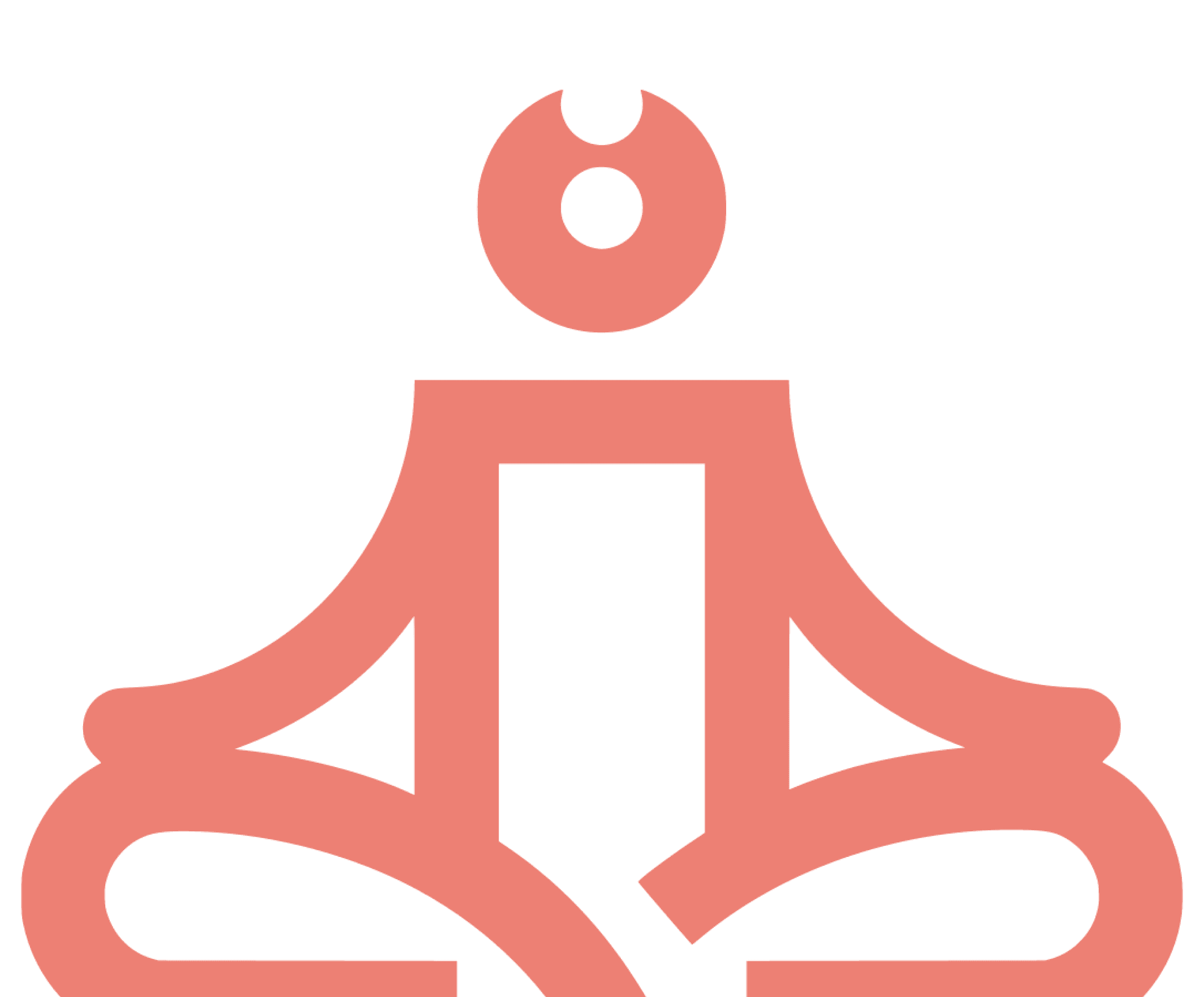The Therapeutic Benefits of 12 Step (AA, NA, CA, MA)

AJ Diaz
May 24, 2021
The Therapeutic Effect of AA
I’d like to preface this post by stating I do not speak on behalf of any 12-step, or peer support program, nor am I speaking as a member of or endorsing any program. Everything below is drawn from my experience as a person in recovery and my experience as a clinician. I encourage all who are interested to read the approved literature from the various 12-step groups. You can find the links below:
Alcoholics Anonymous: https://www.aa.org/pages/en_US/aa-literature
Narcotics Anonymous: https://na.org/?ID=literature
Cocaine Anonymous: https://ca.org/literature/
Marijuana Anonymous: https://marijuana-anonymous.org/literature/pamphlets/
I experienced two difficulties as related to 12-step groups and my support for them early on in both my recovery and my professional life. In terms of my recovery, I used to truly believe that 12-step groups were the only way to get sober. I think that for me, if there was another way to get sober, it would mean that I was doing something wrong. With introspection and challenges from others, I have learned that there really are multiple pathways to sobriety. Since those early days, I have changed my tune to the necessity of simply a “program of recovery,” one that addresses the mental, physical, spiritual/emotional aspects of someone’s life. What was difficult for me early on as a clinician was separating my belief in 12-step groups as a powerful adjunctive support and my belief that each individual person should be able to choose their own path to recovery. An important lesson that I have learned is that both of these can exist in the same space.
I started to become very curious about the reticence of others to engage in 12-step programs. What I found in my research was that people had the following preconceived notions:
12-step groups were nothing more than a needless unearthing of the past
They were hesitant because they preferred evidence-based therapies to 12-step groups.
There were many common misconceptions around the “rules'' of these meetings that caused a barrier for them.
That going to a support group was weird, and fed into their shame.
As the title of this blog suggests, I want to tackle the first two that I mentioned – the “digging” into one's past and preference of therapy over 12-step.
Being both a sober person and also a therapist, one of the most unique things that I have found are the undeniable parallels between 12-step groups, (step work, sponsorship, shared experience) and evidence-based therapies (interventions). I would also like to mention that using both, therapy and 12-step groups, is incredibly helpful. I do not believe you have to pick one over the other. So, without further ado, let’s see what some of these parallels look like.
The “digging” into the past and past actions that you see in step work is very similar to the work that you would do with a psychodynamic informed therapist.
The idea is to understand where the root of issues started and to heal that relationship. Much like step work, this allows for patterns to emerge that can be more readily recognized so as to take a more appropriate action than previously done (adaptive vs. maladaptive). In certain steps, someone is asked to go through their deficits and limitations as they relate both emotionally and behaviorally. This is very similar to what someone would experience when working with a therapist who specializes in ACT (acceptance and commitment therapy). The premise of ACT is to help clients to learn psychological flexibility. This, much like the work in certain steps, helps someone to accept their deeper feelings as appropriate responses to certain situations without allowing them to prevent progress in life. With ACT and aligned step work, someone is working to embrace, learn from and accept their thoughts and feelings while working to change behavior. Another aspect of ACT that is aligned with another step is acceptance. In ACT, acceptance helps someone to embrace difficult experiences or feelings and let them pass without avoiding or struggling with them. This can be related to someone admitting “powerlessness and unmanageability” as it relates to their relationship with substances. This acceptance of the situation is what can catapult someone to make the changes that are necessary to move to a place of recovery.
When someone is embarking on 12-step work, the work they are asked to do is very similar to his basic premise of CBT.
A personal favorite of mine is cognitive behavioral therapy (CBT). One of the most basic tenets of CBT is that our thoughts, feelings and behaviors are all connected. When someone is embarking on 12-step work, the work they are asked to do is very similar to this basic premise of CBT. The work that is done is to see patterns emerge of how situations/experiences and people are being reacted to and understanding how you have played a part in that. By understanding your part (behavior) you can see patterns emerge that will allow you to alter them in the future which, in effect, will help the thoughts and feelings that can emerge after an action is taken.
Finally, there is the power of shared experience which is a basic premise of group therapy.
As someone who has been a client of group therapy and also a clinician who has run group therapy, I think that there are few things as dynamic. Being able to sit with peers who are going through a common struggle and working towards a common goal is unbelievable. This is what someone can also experience at 12-step groups. We as humans are social creatures – we need and deserve connection with others.
Whichever path to recovery you choose, I hope that it is one that is fully informed. I wanted to write this post because I didn’t want anyone to exclude themselves or feel excluded from 12-step groups simply from having a preconception about it or having bad information from someone else. I truly do believe that whatever your “program” of recovery looks like, if it works for you, that is what matters.







